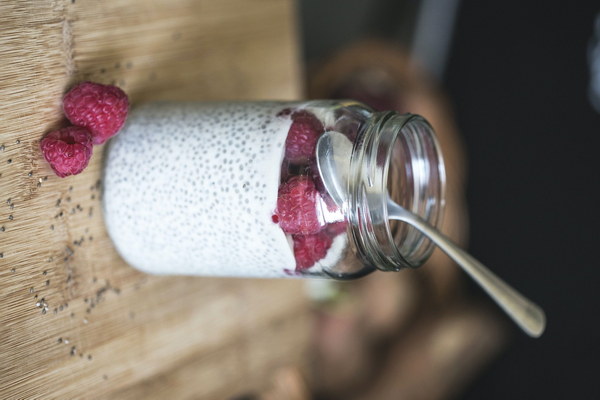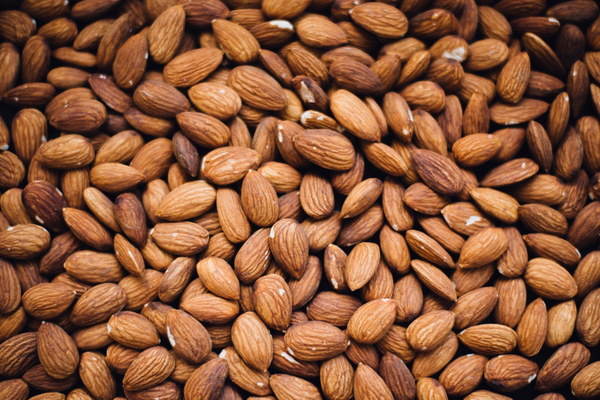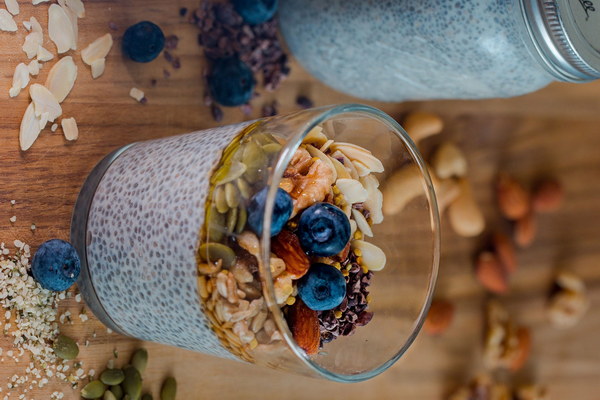Can Beta-Carotene Combat Aging Unveiling the Truth Behind Its Anti-Aging Properties
Beta-carotene, a vibrant orange pigment found in many fruits and vegetables, has long been celebrated for its numerous health benefits. One of the most intriguing claims about beta-carotene is its potential to combat aging. But can beta-carotene really help us defy the hands of time? Let's delve into the science behind this popular belief and find out if there's any truth to it.
First, it's important to understand what beta-carotene is and how it contributes to our health. Beta-carotene is a type of carotenoid, a group of plant pigments that give fruits and vegetables their bright colors. When consumed, beta-carotene is converted into vitamin A in the body, which is essential for maintaining healthy vision, immune function, and skin.
The anti-aging properties of beta-carotene are primarily attributed to its antioxidant capabilities. Antioxidants are substances that help neutralize free radicals, unstable molecules that can damage cells and contribute to aging and various diseases. By neutralizing free radicals, beta-carotene may help protect the body's cells from oxidative stress, which is thought to be a significant factor in the aging process.
Several studies have investigated the relationship between beta-carotene intake and aging. Some research suggests that a higher intake of beta-carotene is associated with a reduced risk of chronic diseases, such as heart disease and cancer, which are often considered age-related. These findings might lead us to believe that beta-carotene could have anti-aging effects.

However, the evidence linking beta-carotene to direct anti-aging benefits is less clear-cut. One of the most notable studies on this topic was the Women's Health Study, which followed over 38,000 women for 12 years. The study found no significant association between beta-carotene intake and overall mortality, suggesting that the pigment may not have direct anti-aging effects.
Moreover, some research indicates that high doses of beta-carotene supplements may actually be harmful. For instance, a 1994 study published in the New England Journal of Medicine found that beta-carotene supplements increased the risk of lung cancer in smokers. This has led many experts to caution against relying solely on beta-carotene supplements for health benefits.
So, if beta-carotene doesn't directly combat aging, what can it do for us? Despite the lack of direct evidence supporting its anti-aging effects, beta-carotene still offers many health benefits. Its antioxidant properties can help protect the body against oxidative stress and may contribute to a lower risk of chronic diseases. Additionally, beta-carotene's role in maintaining healthy vision and skin makes it a valuable nutrient for overall well-being.
To maximize the potential health benefits of beta-carotene, it's best to obtain it through a balanced diet rich in fruits and vegetables. Carrots, sweet potatoes, pumpkins, and dark leafy greens are all excellent sources of beta-carotene. By incorporating these nutritious foods into your daily diet, you can enjoy the numerous health benefits of beta-carotene without the risk of supplements.
In conclusion, while beta-carotene may not be a direct elixir for aging, it does offer numerous health benefits that can contribute to a healthier, more vibrant life. By focusing on a balanced diet that includes a variety of fruits and vegetables, you can harness the power of beta-carotene and other essential nutrients to support your well-being throughout the years.









